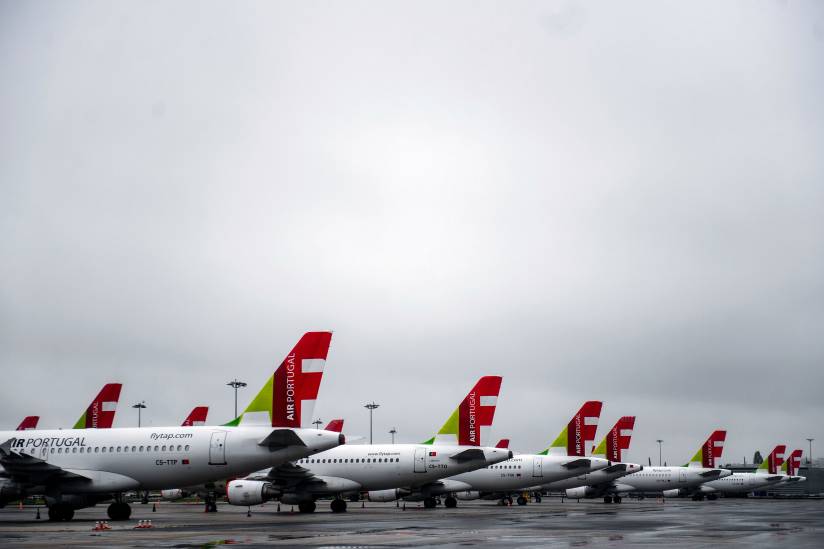Airlines across the world took a heavy beating from the Covid pandemic lockdown, posting on the whole net losses to the tune of $126.4 billion during 2020.
The International Air Transport Association (IATA) in its new statistics said last year was officially the worst on record for airlines globally, with the Middle East experiencing the steepest decline in passenger numbers.
Airline revenues were down 69 percent to $189 billion, and combined net losses for 2020 stood at $126.4 billion, according to World Air Transport Statistics, a report by the industry body.
Passenger numbers were down 60.2 percent globally in 2020 compared to the previous year. In 2020, 1.8 billion passengers flew globally compared to 4.5 billion in 2019, the biggest decline since numbers started being recorded in the 1950s.
The Middle East was the worst impacted, with a 67.6 percent fall in passenger numbers compared to Asia-Pacific, the least impacted with a decrease of 53.4 percent.
However, Gulf-based airlines ranked highly for tonnage of cargo flown, as IATA described the sector as the ‘bright spot’ in a devastating year for the industry.
Cargo industry
The top five airlines by cargo tonne-kilometres (CTK) were Federal Express (FedEx) with 19.7 billion, United Parcel Service (UPS), 14.4 billion, Qatar Airways, 13.7 billion, Emirates 9.6 billion and Cathay Pacific with 8.1 billion CTK flown.
IATA said the number of routes connecting airports fell dramatically at the outset of the crisis and was down more than 60 percent year-on-year in April 2020.
The top five passenger routes were all in South East Asia, which saw faster domestic recovery, particularly in China.
However, the top five nationalities for air travel were USA, which saw 45.7 million passengers, followed by the UK, Germany, France and India.
IATA said cargo was less badly affected as the sector adapted to carry medicines and vaccines, with industry-wide cargo tonne-kilometers (CTKs) reaching close to pre-crisis values by the end of 2020. However, the yearly decline in cargo demand was still the largest since the global financial crisis in 2009, down 9.7 percent year-on-year.
Industry-wide cargo load factor was up seven percentage points to 53.8 percent, the highest value since the IATA series started in 1990, the industry body said.
Willie Walsh, IATA’s director general, said: “At the depth of the crisis in April 2020, 66 percent of the world’s commercial air transport fleet was grounded as governments closed borders or imposed strict quarantines. A million jobs disappeared. And industry losses for the year totaled $126 billion.
“Many governments recognized aviation’s critical contributions and provided financial lifelines and other forms of support. But it was the rapid actions by airlines and the commitment of our people that saw the airline industry through the most difficult year in its history.”








